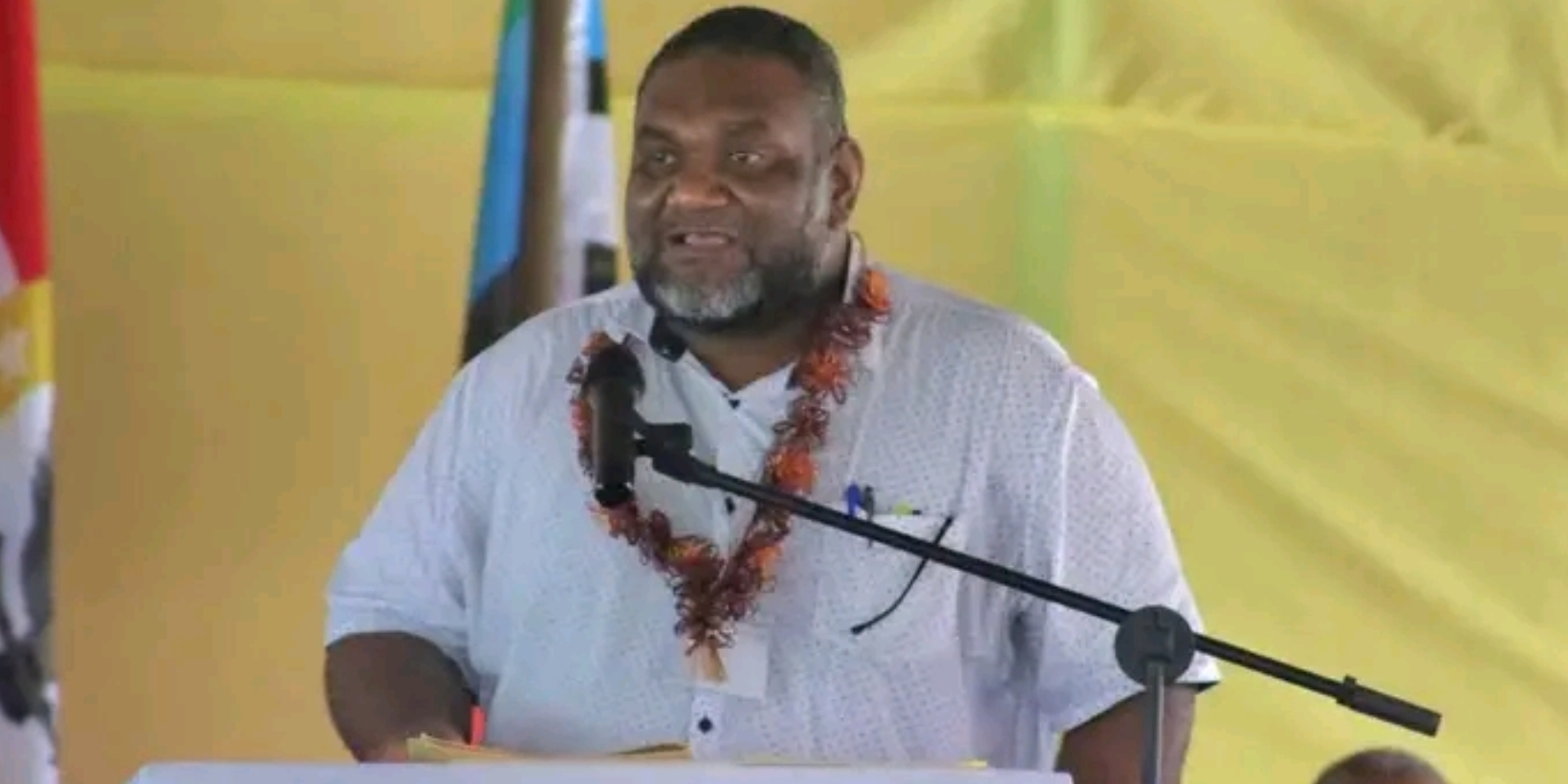Solomon Islands need to build a healthier future for its people through the “Healthy Settings” approach.
Dr. Nemia Bainivalu, the Deputy Secretary of the Ministry of Health and Medical Services (MHMS) highlighted this at the opening of the National Healthy Settings Conference in Gizo on Monday.
Dr. Bainivalu highlighted that health is not just a fundamental human right but also a cornerstone of development.
“As we gather in this vibrant setting, we are reminded of the importance of our collective commitment to the health and well-being of our communities, and of building sustainable healthy settings across our country,” Dr. Bainivalu stated.
He emphasized that health promotion is broader than a single goal, aligning with the United Nations Sustainable Development Goal 3: “Good Health and Well-being.”
The “Healthy Settings” initiative, a cross-cutting intervention, contributes to achieving many of the SDGs, he said.
“It is a population-focused strategy that places health at the center of where people “learn, work, play, and live”—in homes, schools, marketplaces, and workplaces.”
Dr. Bainivalu pointed out that the Solomon Islands has been involved in the “Healthy Settings” initiative since the 1990s, with a renewed focus on promoting healthy school settings in 1997.
The MHMS has been actively working with key partners, including the Ministry of Education and Human Resource Development (MEHRD) and the Ministry of Home Affairs (MHA), to implement these strategies.
He acknowledged that while progress has been made, significant challenges remain, including rising non-communicable diseases (NCDs), malaria, limited access to safe water, sanitation, and climate change issues.
However, he stressed that these challenges also present opportunities for innovation and wise investment.
“Our greatest wealth is our health,” Dr. Bainivalu asserted.
“A healthy population is the foundation of national development. Let us act decisively, collectively, and boldly to build sustainable Healthy Settings and secure a healthier future for all.”
The Deputy Secretary also recognized the crucial role of partnerships, including collaboration with government ministries, NGOs, faith-based organizations, development partners, and local communities.
He called for all participants to share the knowledge gained and put the ideas into practical action in their respective communities.
By ULUTAH GINA
Solomon Star, Gizo









